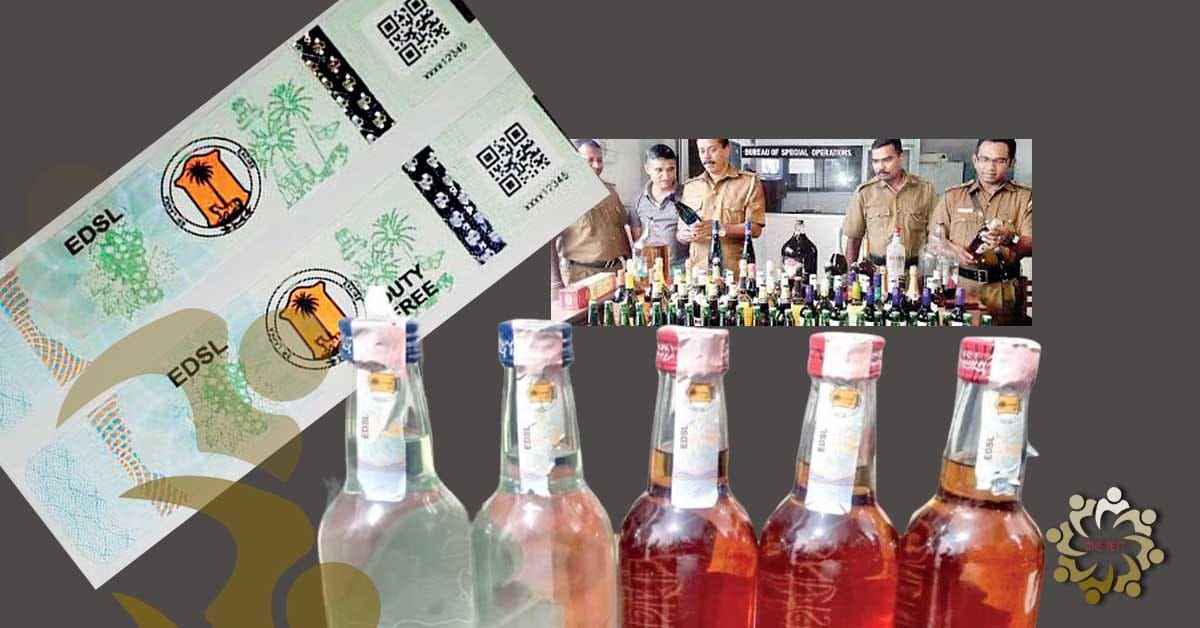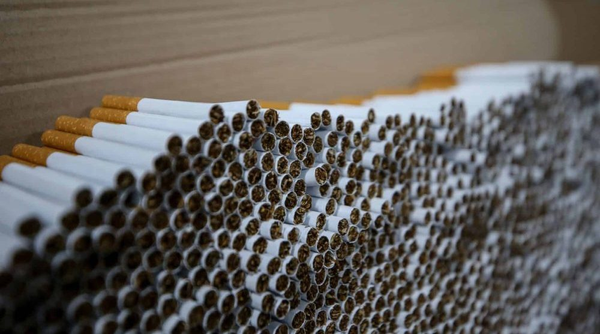Sri Lanka Faces Growing Illegal Industry with Fake Revenue Stamps

Sri Lanka is grappling with an escalating issue of fake revenue stamps being used to evade taxes on alcohol, signaling the rise of an illegal industry that threatens the nation's financial integrity. The recent discovery of counterfeit tax stamps in multiple regions has sparked concern, with investigations revealing that this underground operation is becoming increasingly sophisticated.
The situation mirrors challenges faced by other South Asian countries, where counterfeit currency and revenue stamps are undermining governmental efforts to collect taxes effectively. In Pakistan, a similar crisis involving counterfeit currency has highlighted the need for comprehensive solutions rather than quick fixes.
The proliferation of fake revenue stamps in Sri Lanka is a clear indication that current measures are inadequate. Without implementing a robust track-and-trace system and enhancing security features, the government risks allowing this illegal industry to flourish, depriving the exchequer of significant revenue. This loss not only weakens the economy but also emboldens criminal networks operating right under the government's nose.
For Sri Lanka, the message is clear: addressing this issue requires more than surface-level fixes. It demands a coordinated, region-wide effort to implement long-term solutions that secure the financial systems against these illegal activities. Only then can the government ensure that the revenue lost to these operations is reclaimed, and the economy is protected from further harm.




